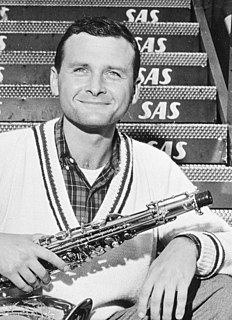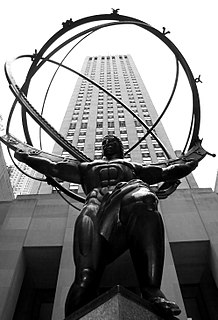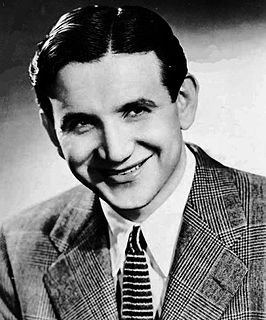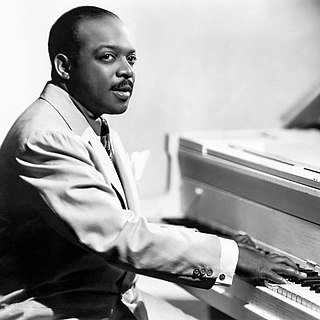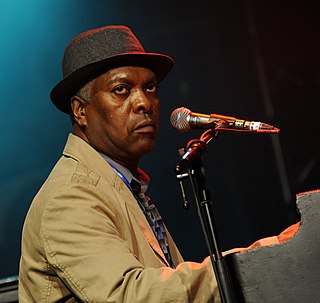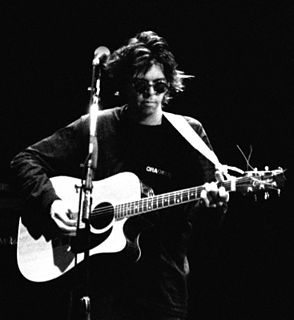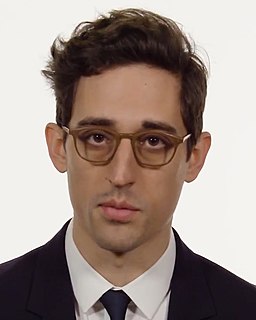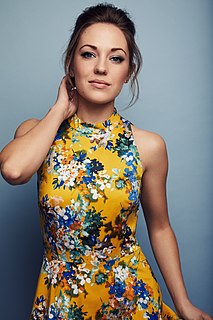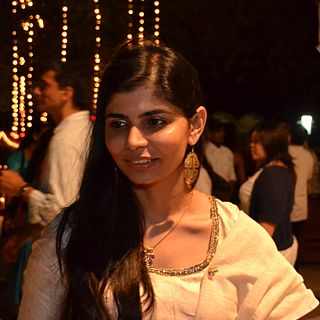A Quote by Alfonso Cuaron
Historically, there is a fight between the sound designer and the composer. You see them in the mixing room and they're always fighting because the composer wants the music to be heard and the sound designer wants the sound to be heard.
Related Quotes
I collaborated with a brilliant young sound designer named Anthony Mattana, who enriched the sound of the total production with vocal effects, percussive and other sounds. He also mixed the sound effects and the music, using the theater's first rate sound system to complement the theater's acoustics. This completed my score.
When I'm writing a play I hear it like music. I use the same indications that a composer does for duration. There's a difference, I tell my students, between a semi-colon and a period. A difference in duration. And we have all these wonderful things, we use commas and underlining and all the wonderful punctuation things we can use in the same way a composer uses them in music. And we can indicate, as specifically as a composer, the way we want our piece to sound.
When we sit in meditation and hear a sound, we think, 'Oh, that sound's bothering me.' If we see it like this, we suffer. But if we investigate a little deeper, we see that the sound is simply sound. If we understand like this, then there's nothing more to it. We leave it be. The sound is just sound, why should you go and grab it? You see that actually it was you who went out and disturbed the sound.
Perhaps within the next hundred years, science will perfect a process of thought transference from composer to listener. The composer will sit alone on the concert stage and merely 'think' his idealized conception of his music. Instead of recordings of actual music sound, recordings will carry the brainwaves of the composer directly to the mind of the listener.
The Marshall guitar amplifier doesn't just get louder when you turn it up. It distorts the sound to produce a whole range of new harmonics, effectively turning a plucked string instrument into a bowed one. A responsible designer might try to overcome this limitation - probably the engineers at Marshall tried, too. But that sound became the sound of, among others, Jimi Hendrix. That sound is called electric guitar.
I'm very interested in vertical space.I want the players to listen to their sound in such a way that they hear the complete sound they make before they make another one. So that means that they hear the tail of the sound. Because of the reverberation, there's always more to the sound than just the sound.

